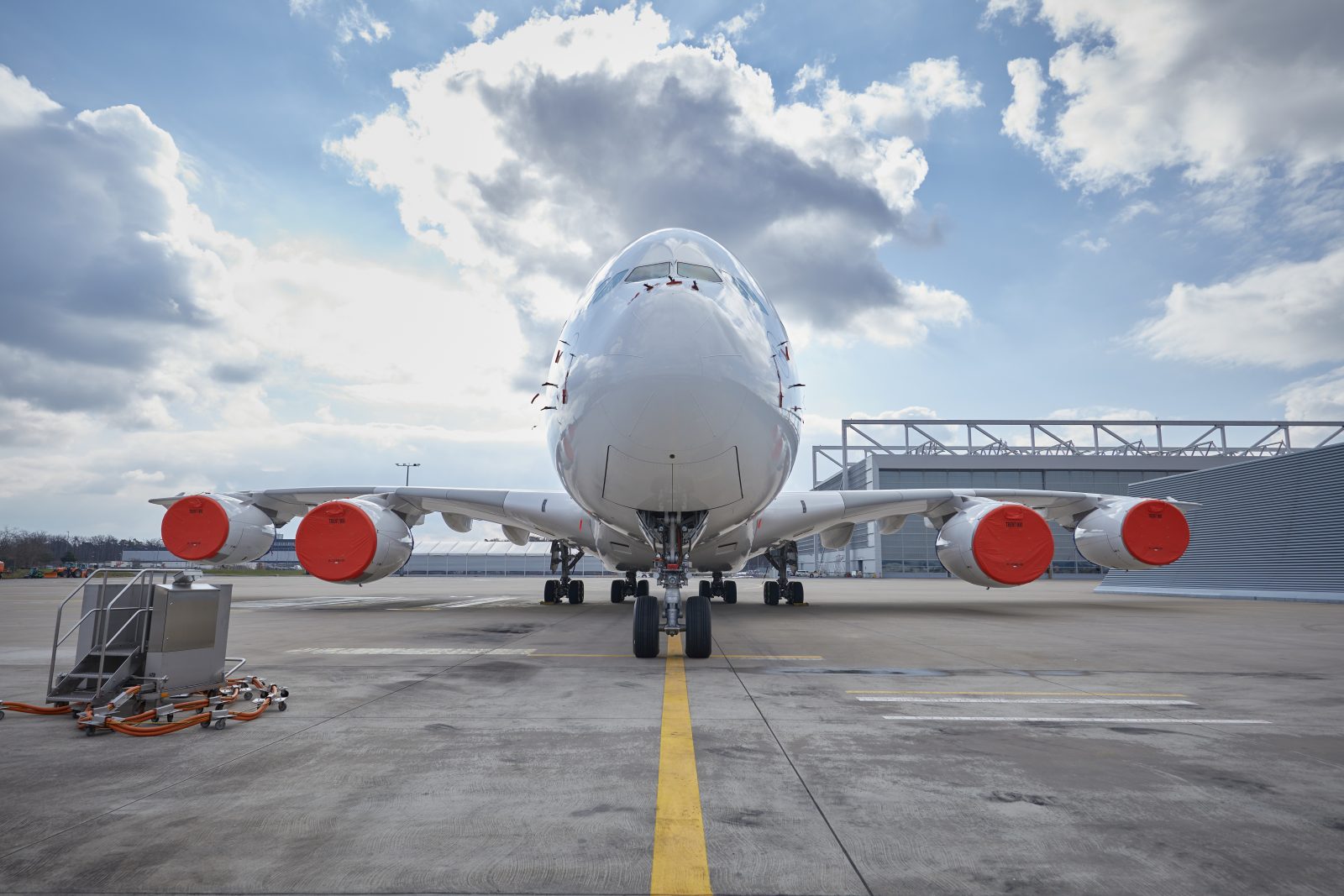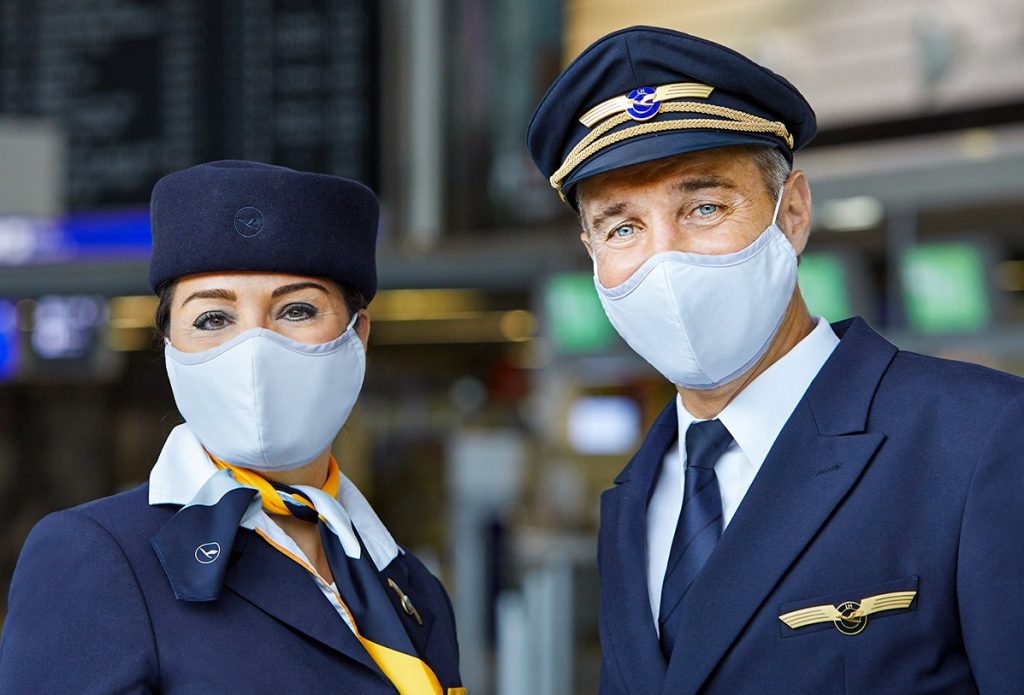
Lufthansa intends to send its entire fleet of 14 Airbus A380’s into longterm storage where they may eventually end up being permanently decommissioned unless there is an “unexpected” and “rapid market recovery” the airline confirmed on Monday. Forward bookings for the upcoming winter season have faded away and the outlook has “significantly worsened” after only “slight signs of a recovery” during a summer that was cut short by the COVID-19 pandemic.
First reported by anonymous sources nearly two weeks ago, Lufthansa has now confirmed it intends to reduce the size of its fleet by as much as 150 aircraft. The cuts would be made across the Lufthansa group of airlines which includes, Austrian and SWISS, as well as low-cost operator Eurowings.

A plan to offer up to 50 per cent of capacity by this winter has now been drastically scaled back with the airline saying capacity will now only hit a high of 30 per cent. If the current dire booking trends continue, however, capacity might be as low as 20 per cent.
The outlook is even worse than some of the most pessimistic forecasts and Lufthansa has now warned that more job losses could follow on top of the previously reported overage of 22,000 employees.
The airline said it would continue to work with unions to reduce the need for involuntary lay-offs wherever possible.
Lufthansa is currently losing €16.5 million a day in liquidity but through “strict cost management” hopes to reduce that figure down to around €13.3 million per day within the next couple of months. The airline has already secured a €9 billion taxpayer-funded bailout from the German government.
Along with the Airbus A380 fleet, 10 gas-guzzling A340-600’s will also be sent into longterm storage. The remaining 7 A340-600’s in Lufthansa’s fleet will be permanently decommissioned.
Echoing calls from industry leaders and airlines across Europe, Lufthansa has called for travel bans and quarantine restrictions to be replaced with pre-flight COVID-19 tests to allow passengers free passage between countries.
While airport testing has been partially introduced in Germany, as well as in several other countries, the availability of these tests and how much they actually open up travel remains very patchy.
“Consistent testing is possible, increases safety for travellers and is a better alternative than changing inconsistent entry and quarantine regulations,” Lufthansa said in a statement as it urged governments to implement a coordinated action plan for the industry.
Mateusz Maszczynski honed his skills as an international flight attendant at the most prominent airline in the Middle East and has been flying ever since... most recently for a well known European airline. Matt is passionate about the aviation industry and has become an expert in passenger experience and human-centric stories. Always keeping an ear close to the ground, Matt's industry insights, analysis and news coverage is frequently relied upon by some of the biggest names in journalism.







